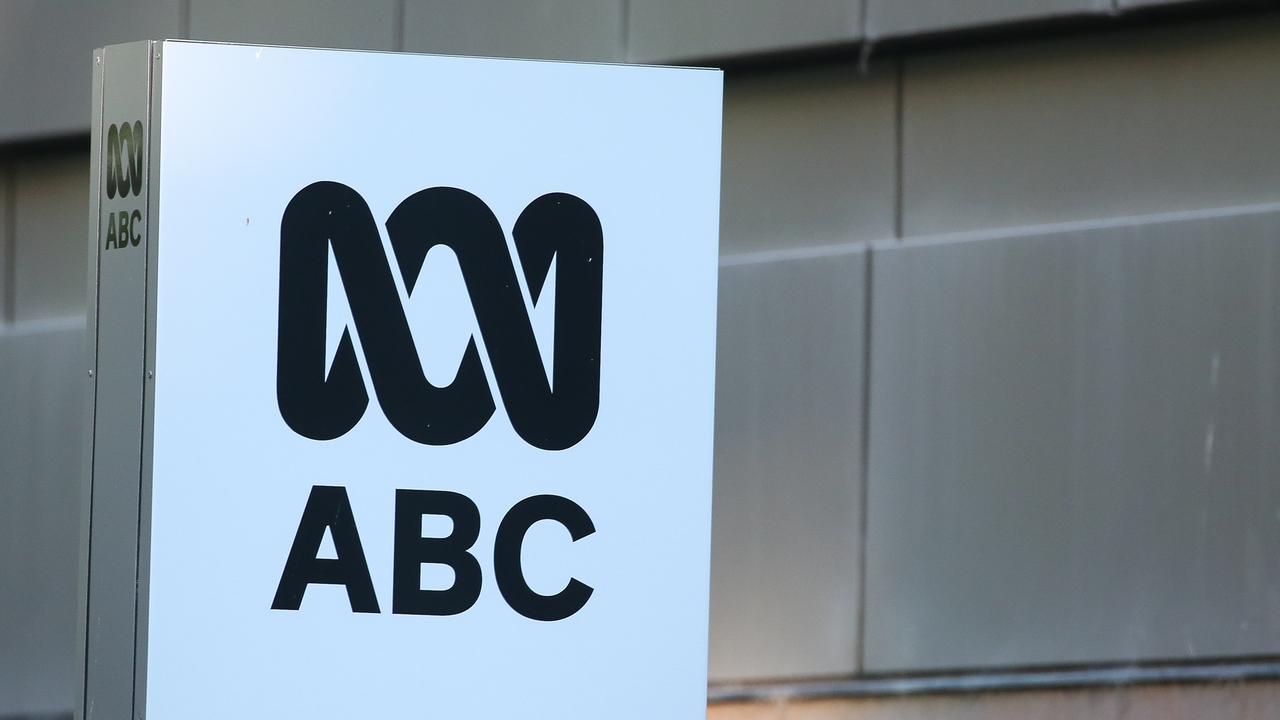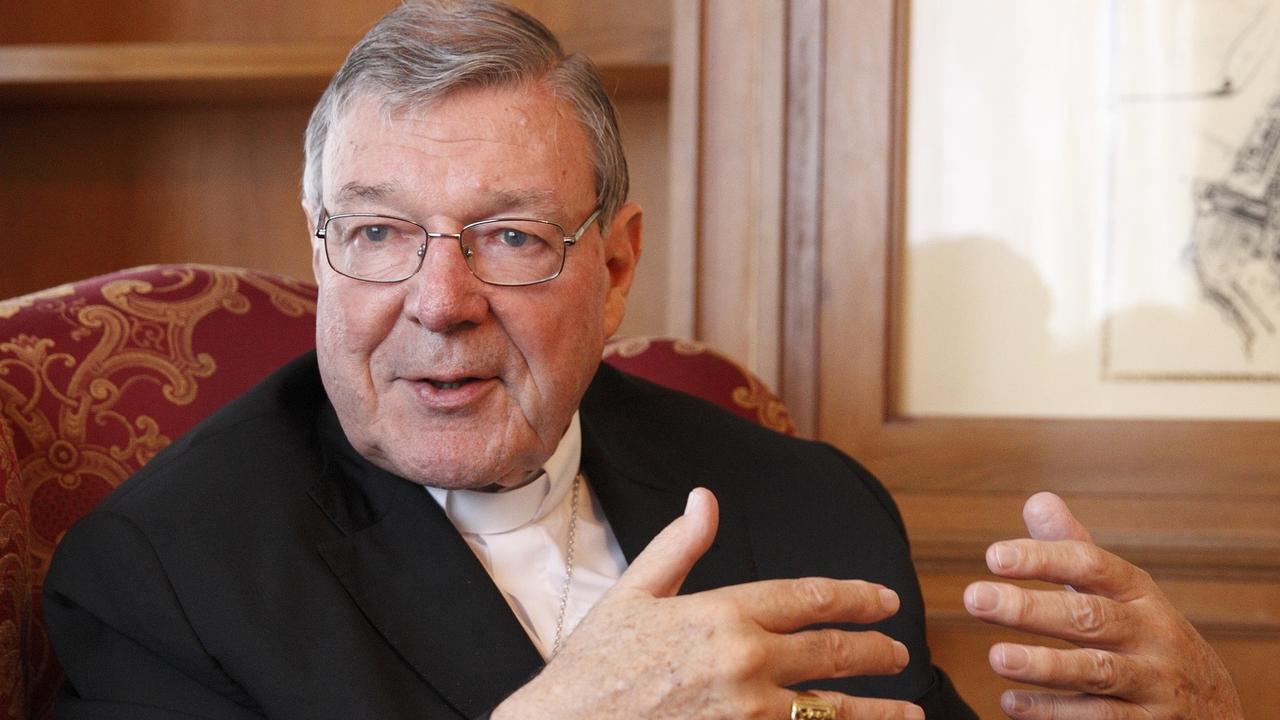Trump’s hits, Kamala’s miss, Olympic glory, Assange’s bliss: the biggest news stories of 2024
The shocking assassination attempt of Donald Trump at an open-air campaign rally in Pennsylvania on July 13 was the top single-day news story of the year.
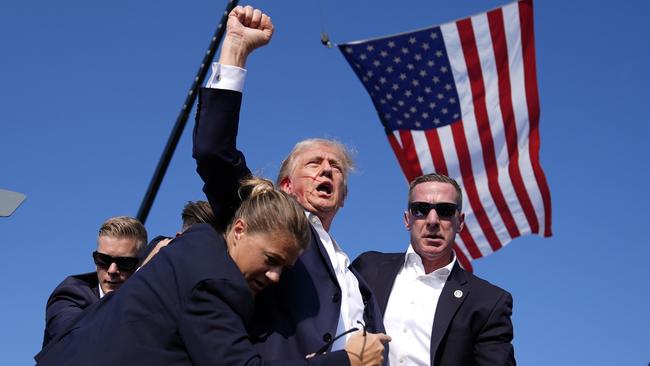
Donald Trump was the biggest news story of 2024, right?
Well, yes.
But it wasn’t his extraordinary election victory on November 5 that captured the most attention of the Australian media.
Rather, it was the assassination attempt of Mr Trump at an open-air campaign rally in Pennsylvania on July 13 that was the top single-day news story of the year. The news broke in Australia at about 9am on the Sunday morning.
According to media monitoring provider Streem, the first attempted assassination of Mr Trump – there was also a subsequent, foiled plot to kill the 78-year-old on a Florida golf course on
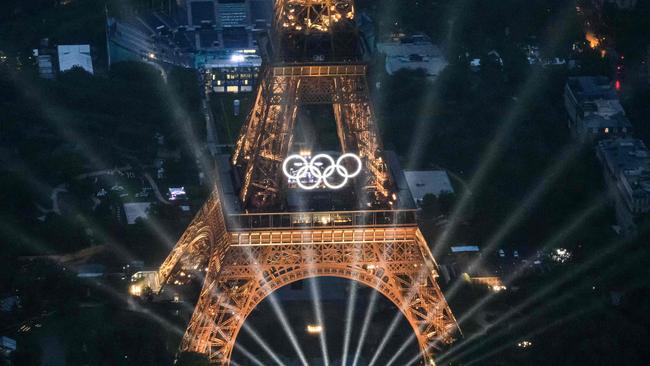
September 15 – yielded 17,076 mentions across Australian TV, print, radio and online platforms.
Mr Trump’s election win ran a close second in terms of Australian media coverage for a single-day story, drawing 17,011 mentions.
The 2024 Paris Olympics generated 13,751 mentions on July 26, as the world tuned in to watch the opening ceremony. The Games enjoyed saturation media coverage across the fortnight of competition, especially in the first week when Australia’s swimmers won seven gold medals.
The CrowdStrike outage, one of the largest global IT outages in history, was mentioned 13,278 times across Australian media on July 19. Almost 8.5 million systems crashed worldwide, resulting in disruptions across various industries, including airlines, hospitals, banks and government services.
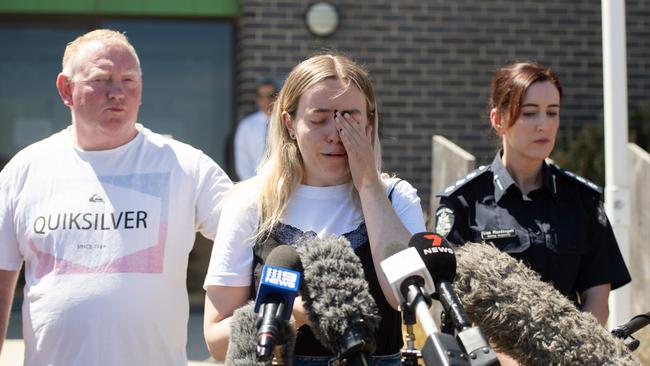
Julian Assange’s return to Australia, following a high-profile legal battle and extradition proceedings, garnered 13,117 mentions on June 26.
In the 48 hours leading up to his arrival in Australia, Assange was released from a London prison, then flown to a remote US territory in the northern Pacific to rubberstamp a plea deal, before jetting into Canberra.
Soon after touching down, Assange spoke to Anthony Albanese on the phone, telling him: “You saved my life.”
At a later press conference, the Prime Minister said: “There was nothing to be gained by the further incarceration of Mr Assange, and we wanted him brought home.”
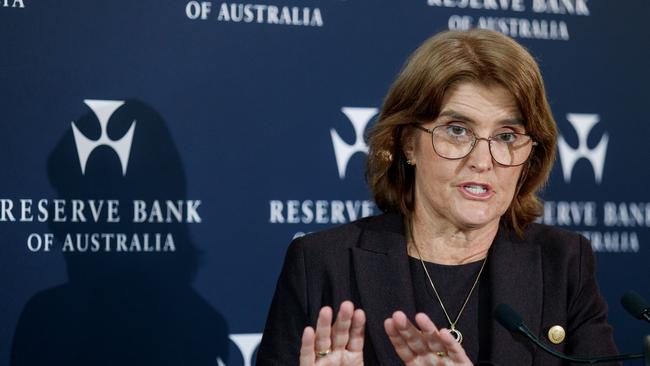
But members of the opposition, including foreign affairs spokesman Simon Birmingham, said Labor’s treatment of Assange as a “homecoming hero” had damaged Australia’s relationship with the US.
“The Australian-American alliance is an enormously strong one and it can withstand many, many things,” Senator Birmingham said.
“But there will be many Americans who think that it’s inappropriate for the Australian prime minister to provide that type of homecoming welcome to Julian Assange having just pleaded guilty to US charges.”

Aside from the biggest single-day stories, the most covered rolling events by Australian media outlets were the war in the Middle East, the disappearance of Victorian woman Samantha Murphy, and the killing of Sydney couple Jesse Baird and Luke Davies.
Issues relating to the cost of living – specifically, high interest rates and inflation – also dominated across TV, digital, print and radio.


